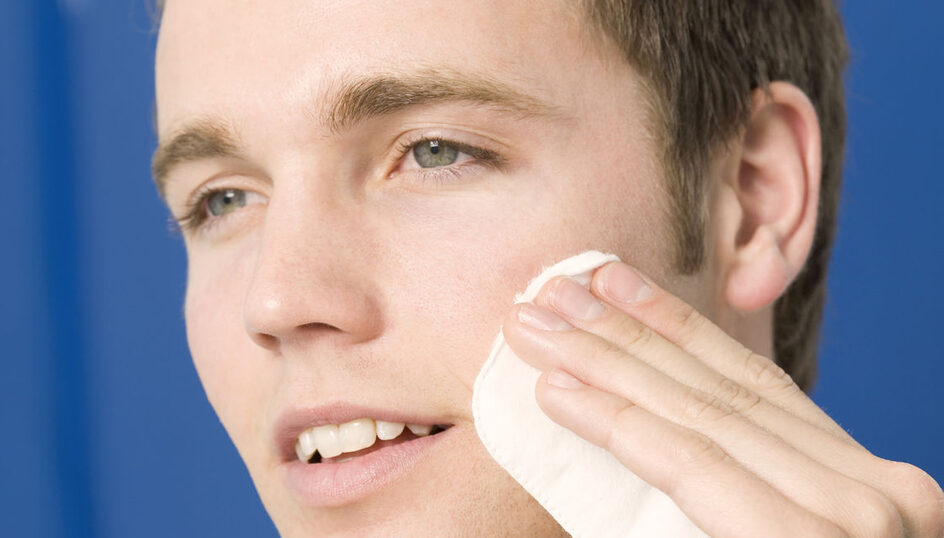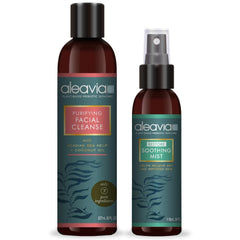Prescription Meds

How to Apply Prescription Acne Medication Properly
By Dr. Kristie
Are you frustrated by acne that just won’t seem to go away? Maybe you’ve seen your doctor who prescribed a few prescription medications to help heal the problem. Prescription acne cream can be extremely effective when used properly.
Quite frequently different creams are combined to provide additional benefit. There are a number of subtle but important points to remember when using these medicated creams and gels. Here’s how to get maximal benefits from prescription acne creams.
Everyone using prescription acne creams will experience side effects temporarily. It’s unavoidable, but fortunately they can be minimized. These can include facial irritation, burning, redness, flaking and peeling. These side effects vary in severity from person to person and generally last 2 to 3 weeks.
They occur as your skin slowly adjusts to the presence of the medications in the creams. It’s critical that you continue using the acne creams during this time period. The side effects are not permanent and will eventually resolve in almost everyone.
What steps should you take in applying acne cream? Make sure your face is completely dry before using any type of acne medication. If you apply prescription acne cream to wet or recently washed skin it increases the amount of redness, burning and facial irritation you’ll experience.
Products
This has to do with how quickly moist skin absorbs the medication. Wait at least 45 minutes after washing your face before applying acne creams.
To help alleviate facial irritation consider adjusting the frequency of cream application for the first few weeks. If you are supposed to use Retin-A cream nightly you could decrease the frequency to every other night for the first two weeks until your skin adjusts to the medicinal effects.
After that you can resume your every night schedule. If the side effects fail to resolve ask your doctor to consider a lower strength or a different brand of acne cream.
Keep in mind that more isn’t better. Not only is a prescription acne cream expensive but using excess amounts on your face or back can increase the possibility of experiencing side effects. Apply the cream sparingly and avoid putting anything else on your face other than a doctor approved facial moisturizer.
Throw away that worthless OTC astringent or alcohol-containing acne product that has already failed you. These OTC products do work for mild acne; however, they will worsen and prolong the facial irritation you’ll experience with prescription acne cream.
Apply the acne creams on all 4 quadrants of your face as well as your nose. Most prescription acne creams contain a vanishing base so that they don’t leave a visible residue. Avoid getting the creams in your eyes or in your nose because they will cause temporary burning that can be uncomfortable.
It’s fine to apply loose powder makeup over your prescription acne cream as long as it’s non-comedogenic.
Make sure to use the acne creams in the correct sequence. Frequently a cream containing benzoyl peroxide and an antibiotic are prescribed for morning use while a retinoic acid cream such as Retin-A is prescribed for evening use. There are very good medical reasons for this schedule. Follow the directions for best results.
Avoid extreme weather conditions. Prescription acne creams make your skin more photosensitive meaning even small amounts of sun exposure can cause significant facial irritation and itching. Cold windy weather can also worsen the irritating side effects associated with acne creams.
Have realistic expectations. This is the primary reasons people fail to stick with their expensive and highly effective acne creams. The zits, blackheads and whiteheads decorating your face today didn’t magically develop overnight.
Acne lesions usually develop over 4 to 6 weeks and as a result it will take at least that long to begin noticing significant improvement. Stay the course.
Facial acne is an extremely common disorder and more than a little inconvenient. It damages self esteem and more importantly can leave visible damage and scarring for a lifetime if not properly treated. Fortunately when combined with proper use and realistic expectations acne medications are very effective in controlling acne and it's complications in teens and adults.
 Disclaimer: Articles not intended to Diagnose, Treat, Cure or Prevent Diseases.
Disclaimer: Articles not intended to Diagnose, Treat, Cure or Prevent Diseases.
Conditions | Skin Care | Products | Search


